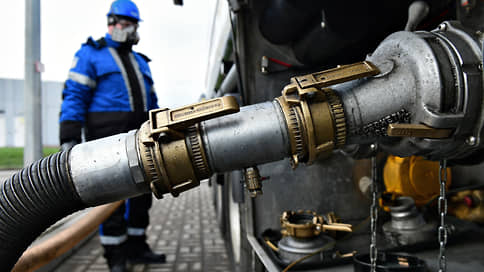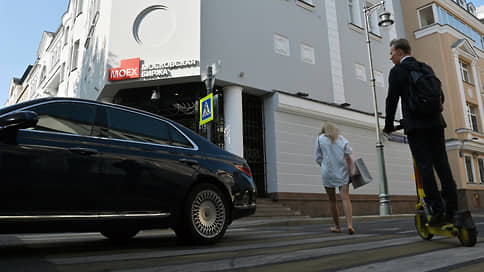Diesel fuel prices resumed growth

The exchange value of diesel fuel is gradually restored after falling in mid -May. Since May 21, quotes have increased by 0.7%, but remain below the peak values of the beginning of April. Market participants talk about an excess of diesel fuel in the domestic market due to reduction of exports and the deterioration of the economy of the sale of this oil product.
Diesel fuel prices on the St. Petersburg Exchange resumed moderate growth after a decrease in mid -May. From May 21 to 26, exchange quotes for summer diesel fuel added about 0.7%, reaching 59.8 thousand rubles. per ton. This approximately corresponds to the levels of the first week of May, but lower than the maximums of the current year of 62.34 thousand rubles, which were recorded on the exchange in early April. According to the results of trading on Monday, prices rose by 0.16%.
The surplus is preserved in the domestic diesel fuel market. According to the forecasts of the Ministry of Energy, according to the results of the year, the production of diesel fuel may exceed 81.6 million tons, while internal demand remains at about 25 million tons. The ministry reported that at the end of February, diesel supplies were 3.3 million tons. The FAS indicated that against the background of low prices (about 0.5% per year), they do not see grounds for restrictions on export of diesel fuel.
Maxim Dyachenko’s managing partner Maxim Dyachenko says that the spread between the exchange and small -optic prices for diesel fuel almost disappeared, and in some cases became negative. He claims a similar situation, the market did not observe the entire history of monitoring – there is so much diesel fuel in the system that it becomes difficult to realize it with profit. According to Mr. Dyachenko, the key cause of the surplus was the deterioration of the foreign economic conjuncture. The export, according to him, is negatively affected by the pressure associated with sanctions, weak external demand, as well as strengthening the ruble.
In April, the export of gas and diesel fuel from Russia decreased to 825 thousand barrels per day (b/s), which became a minimum of four months and below the March level by 53 thousand b/s, the S&P Global analysts said. The main reason for the decrease, they call the beginning of the repairs season at the refineries. According to S&P Global, due to repairs in April, about 800 thousand used capacities were deduced. Additional export pressure was provided by the situation in foreign markets. In particular, they indicate S&P Global, deliveries to Brazil were reduced: Russian diesel fuel turned out to be less competitive against the background of the American, the award for which in April amounted to $ 1.84 per barrel against $ 3.17 months earlier.
The BCS indicates that the prizes for international prices for light oil products in the last two years are declining, including due to a moderate reduction in the growth rate of liquid hydrocarbons. In 2022, by 2021, analysts are reminiscent, AI-92 prize increased by 60%, and the diesel bonus is four times partly due to fears for reducing the supply of petroleum products from the Russian Federation. BCS explains that the prices of oil products in the ports of the Russian Federation for export correspond to the trend in the oil market: discounts increase after the announcement of sanctions and are adjusted with time with the adaptation of supply chains.
According to Maxim Dyachenko, the domestic diesel market today is becoming a priority for companies. He emphasizes that the restrictions on the export of diesel fuel would be a mistake and, on the contrary, it is necessary to maintain supplies abroad, especially from flexible small and medium players who can find non -standard logistics decisions.
NEFT Research managing partner Sergei Frolov also believes that there are no grounds for introducing an export ban. It recalls that diesel fuel is produced in the Russian Federation with a surplus: consumption within the country is about half of the output. With such an imbalance, the expert claims, the restriction of the export can lead to a stop of part of the capacity. Mr. Frolov believes that the market is stable, and in the foreseeable future the risks of deterioration are not expected. In retail, he expects, prices can rise just above the inflation level, since the winter increase in excise taxes has not yet been completely played out.
The export of gasoline from the Russian Federation is limited until August 31, with the exception of manufacturers who produce more than 1 million tons of gasoline per year. As the sources of Kommersant said and confirmed by Deputy Prime Minister Alexander Novak, the restrictions can be extended to September and October. Some market participants believe that the embargo should be preserved on an ongoing basis. In their opinion, it does not allow to export fuel abroad, the price of which is partially compensated for the country through the country (see “Kommersant” of May 14).








